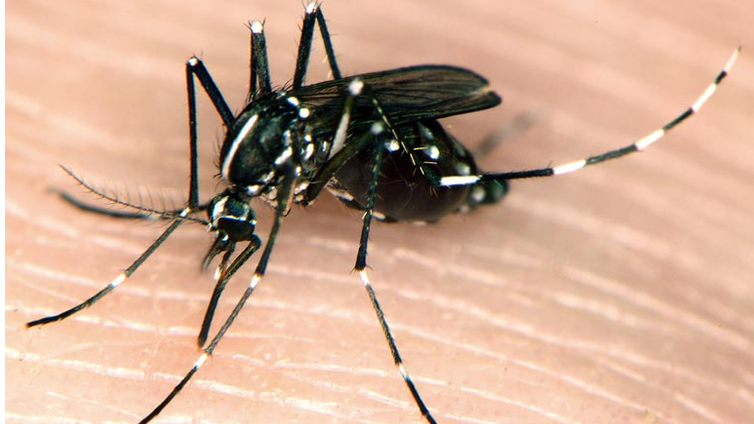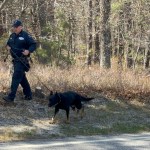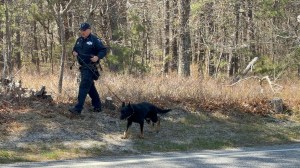An alarming increase in Asian Tiger mosquitoes has officials concerned about the spread diseases such as dengue fever, which was reported on Long Island last fall—a first in New York State.
Lawmakers and health experts urged the public to use common-sense measures to prevent mosquitoes from breeding in their yards and biting them now that the bloodsucking insects have returned with the warm weather.
“We need all levels of government to work together to make sure that Long Islanders know how to protect themselves, and this does not turn into a serious public health issue,” U.S. Rep. Steve Israel (D-Huntington) told reporters Monday during a news conference in Port Washington.
He called on the U.S. Centers for Disease Control and Prevention (CDC) to help local health departments combat a 220-percent spike in Asian Tiger mosquitoes—one of about 70 species statewide—found in samples collected in Nassau and Suffolk counties from 2010 to 2012. Asian tiger mosquitoes are the main way the dengue virus is spread.
Mosquito warnings are usually focused on preventing West Nile virus, with nearly 500 cases having been reported in the state since 2000—37 of them proving fatal. But, Suffolk County reported in November the first-ever case of dengue fever, which is rare in the United States and causes about 25,000 deaths annually worldwide, according to the CDC.
“In the face of a new strain of mosquito, we need all the federal resources we can get,” said Dr. Lawrence Eisenstein, the Nassau County Department of Health commissioner.
Nassau has not seen any West Nile mosquitoes so far this season, but Suffolk reported one case in a bird in Selden earlier this month. Thirteen people on LI—eight in Nassau, five in Suffolk—contracted the disease last year, but the last fatality here was two year ago. There were 33 cases statewide last year, none of them fatal.
Officials reminded the public minimize outdoor activities or wear pants and long sleeves between dusk and dawn when mosquitoes are most active, use mosquito repellent, ensure window screens are secure and eliminate standing water near their homes.
For more information, or to report dead birds that may be infected, call the Suffolk County West Nile hotline at 631-787-2200 from 9 a.m. to 4 p.m. Monday through Friday. Nassau County residents concerned about West Nile Virus activity can call the Health Department Mosquito Surveillance desk at 516-572-1211 from 8 a.m. to 3:45 p.m. Monday through Friday.



























